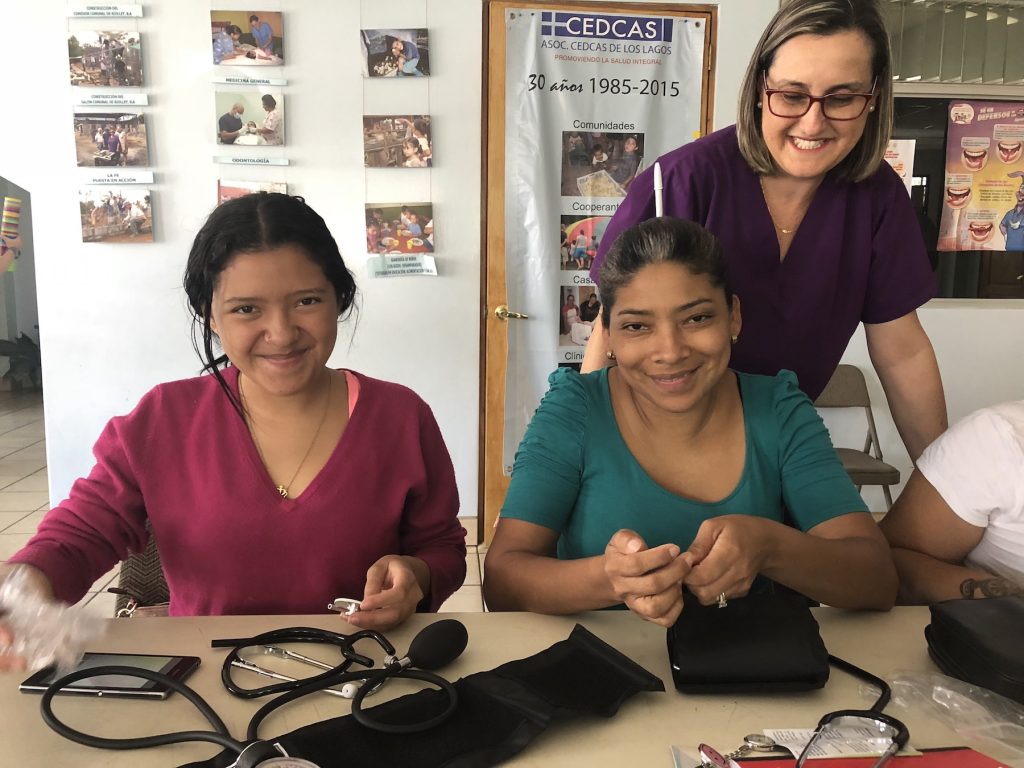International medical work is rewarding for the healthcare professionals who travel abroad. Three guiding principles ensure your work is proper, ethical, and sustainable within your target communities as well.
For the past 10 months Common Ground has been evaluating its international medical work in Costa Rica. Our self-evaluation started as we came across some interesting articles on the ethical challenges of providing medical care abroad. While we feel good about our record of medical care and outreach in Costa Rica over the years, it’s been rewarding to research current ethical standards, evaluate our programs, and project forward to define the nature of our medical work in Costa Rica for the long run.
We’ve landed on 3 essential components of responsible and ethical medical work abroad, and we will use these principles to guide our international medical work in the future:
- Preparation: it seems obvious, but the more prepared you are before embarking on international medical work, the less likely you are to create risks for yourself and your target population. This includes proper preparation for all aspects of your medical work abroad. Some of the most important categories of preparation for our programs are:
- Sharpening your own Spanish language skills (and your understanding of the local culture)
- Gaining an understanding of the target community’s unique situation, health and healthcare priorities and unmet needs
- Understanding the standards of care, available treatment options, and the “realities” with respect to follow-up and access to care
- Integration: the nature of short term medical work abroad is that you have a team of people providing services infrequently throughout the year. We have to be integrated into a current system or at least be collaborating with a local organization that has a year-round presence in the target community to provide continuity for the population we are working with. Medical work performed apart from local organizations who can work with our patients when we’re not present will leave patients without proper follow-up care. This idea of integration necessarily includes:
- Proper supervision by local professionals
- Taking into consideration the local treatment norms and options when counseling patients
- Evaluation of the outreach activities from the local organizations we partner with to make sure that our activities help support the larger goals for the community
- Respect for Individual Patients: medical work and community outreach abroad require the same level of respect and professionalism as outreach and care you provide back home. Some specific examples for our programs in Costa Rica include:
- Always using appropriate medications (must be within their expiration date and indicated for a current problem)
- Never practicing without supervision (for students and trainees) nor outside of one’s competence
- Focusing on the patient with the well known patient-centered care principles that include confidentiality, respect and humanism.
The goal of our Medical Spanish Immersion Programs are to improve our participants’ Spanish language skills while we responsibly meet the needs of certain marginalized populations in Costa Rica. It requires strong partnerships in target communities and careful planning to ensure that our short term medical work is both helpful and sustainable.
For a more in-depth view into our guiding principles for medical work abroad, read our full Mission Statement.




